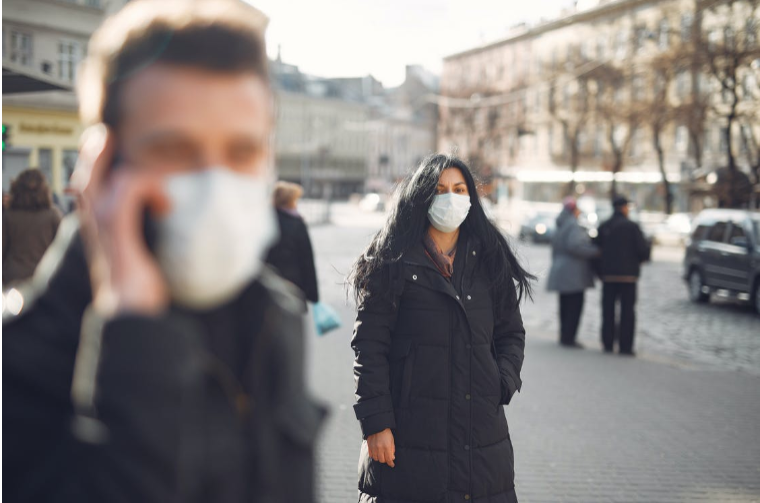Coronavirus news around the world as Dr. Fauci warns the inevitable second wave of COVID-19 infections. At the same time, Japan immediately is hit with a three-week lockdown due to the said second wave of COVID-19.

The 'Inevitable' Second Wave of COVID-19 Which Would Infect The Masses
The United States leading epidemiologist says that there is a second wave of infections that will happen when people come out of quarantine too early, and the results could be severe.
If the U.S. makes significant progress in dealing with the coronavirus pandemic before the second wave hits, Dr. Anthony Fauci says that, in theory, they would be able to survive and see greener pastures.
Dr. Fauci reported in a CNN interview, "If by that time we have put into place all of the countermeasures that you need to address this, we should do reasonably well," and added, "If we don't do that successfully, we could be in for a bad fall and a bad winter."
One result of the so-called quarantine fatigue is implementing an idea that has been reported in the past couple of weeks about some "immunity passport," the "passport" is that people who have survived and recovered from COVID-19 are free to roam as they please.
The World Health Organization said on Apr. 26, that they warn the use as well as the idea of the "immunity passport" entirely, and suggested that those kinds of systems would very likely increase the spread of the mutating coronavirus.
If it's not clear to you yet, Malaria drug warnings have been issued by the FDA for the medication chloroquine and hydroxychloroquine as a "treatment" for the coronavirus. Both medicines have shown that it can be dangerous to your health due to heart issues and, worse, death.
Japan Facing Fauci's Warning From Ending Quarantine Early, Now Has More Cases Than Ever While Extending Quarantine to Three Weeks
Japan's northern region of Hokkaido lifted its lockdown measures early on Mar. 19 so that businesses and schools could reopen. The reason for lifting the lockdown was due to the number of new cases fell to only one or two per day.
26 weeks later, the island now is forced to re-enforce the same lockdown as there have been over 135 news cases that were reported in one week.
The chairman of the Hokkaido Medical Association, Dr. Kiyoshi Nagase, told TIME, "Now I regret it, we should not have lifted the first state of emergency. It really may not be until next year that we can safely lift these lockdowns."
The local government has since then assessed the impact in which immigration would have in the spread of the coronavirus but didn't take into account domestic migration. Yoko Tsukamoto, a professor of infection control at the prestigious Health Sciences University of Hokkaido, had said that the lockdown was lifted way too early.
He said, "At the time, we didn't have enough information, and we did not have an adequate understanding of this disease. And, given the information that was available - that new cases were down to one or two a day - it could be argued that the governor made the right decision in lifting the state of emergency."
ⓒ 2025 TECHTIMES.com All rights reserved. Do not reproduce without permission.




